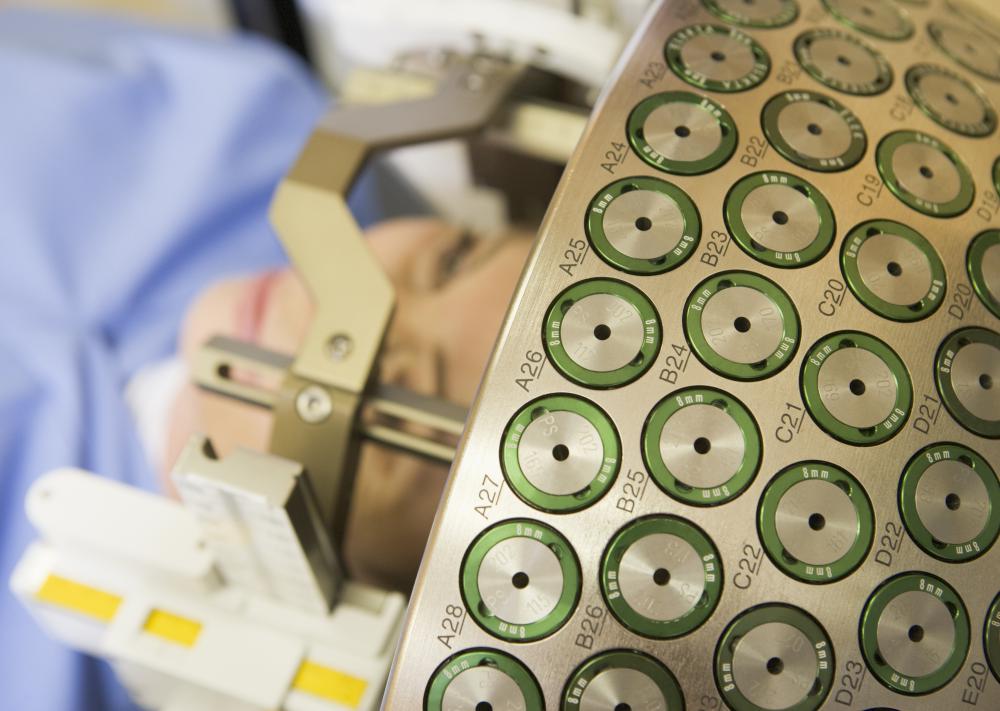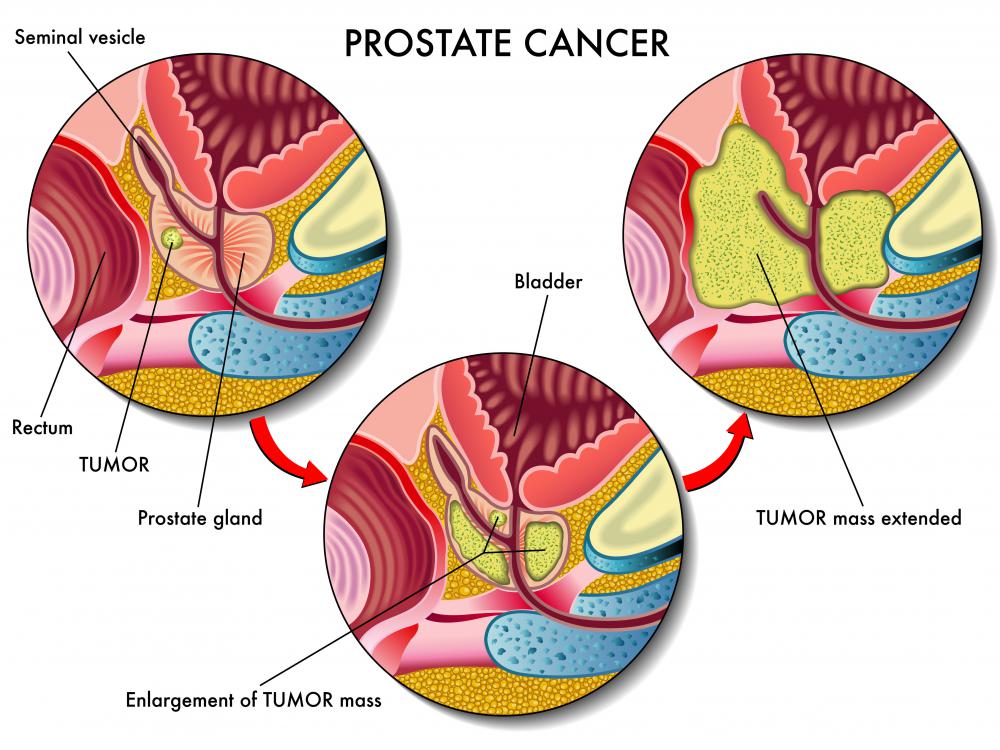At PracticalAdultInsights, we're committed to delivering accurate, trustworthy information. Our expert-authored content is rigorously fact-checked and sourced from credible authorities. Discover how we uphold the highest standards in providing you with reliable knowledge.
What does a Radiation Therapist do?
A radiation therapist uses the process of ionizing radiation to treat cancer patients. Radiation therapists are also known as therapeutic radiographers or radiotherapists. They sometimes are incorrectly called radiation technicians or radiation therapy technicians. These terms are limited to the technician that actually operates the radiation machines. While radiation therapists may operate radiation equipment, they also interpret radiation prescriptions, develop radiation therapy treatment plans and then implement them for cancer patients.
A radiation therapist is an allied health professional. Unlike doctors, these health careers don’t require a medical degree. Still, allied health care careers are an integral part of any well functioning healthcare system. Kinesiotherapists, midwives and optometrists are all considered allied health care professionals. Other fields include medical physics, social work and rehabilitation counseling.

The requirements to become a radiation therapist differ from country to country. In the United States, a student must first complete high school or must obtain a general education development (GED) credential. In most cases, the student will then complete two years of technical school and receive a radiation therapist certificate. There are also some programs that offer an Associate Degree or Bachelor of Science degree. The certification or degree depends on the program and institution.

After receiving the certification, the therapist must then pass a state board exam to be licensed to practice. The exam tests the student’s knowledge of human anatomy, radiation physics and the psychology of cancer. Therapists must also know how to operate and troubleshoot the radiation equipment, even though a technician may be the one doing the actual operation of that equipment.

Patients generally start radiation therapy after being prescribed by their radiation oncologist, a medical doctor that specializes in the treatment of cancer using radiation. The therapist then plans the patient’s course of treatment with the help of a radiation physicist, who is specially trained to measure and administer radioactive materials. Treatment can up to last several weeks and during this time, the therapist observes and adjusts the course of treatment based on the patient’s reaction.

There are several specialties of practice available to a radiation therapist. Brachytherapy is a form of radiotherapy that involves actually inserting the radioactive source inside the patient near the cancer site. Brachytherapy is generally used for treatment on localized types of cancer, including cervical and prostate cancer. Another option is radiosurgery, a noninvasive surgery alternative that uses beams of ionizing radiation.
AS FEATURED ON:
AS FEATURED ON:


















Discussion Comments
Radiation Therapists rarely get sued because they don't make a habit of making mistakes while administering radiation. There are many safety measures in place for both patients and therapists, double and triple checks, and always at least two sets of eyes involved with each patient. When therapists do get sued, it's generally the hospital or facility that foots the bill, not the individual.
Therapists rarely get exposed to radiation, as they are outside the room when the beam is on, and the room is highly shielded with lead and concrete.
Anyone who works in a field that gives them exposure to radiation is required to wear appropriate radiation detection equipment at all times. It measures the exposure and is documented regularly.
Also, people receive radiation everyday. You get it from the sun, smoking, and many other places, including from the dirt and building materials. Just for your information.
How would you say that the career market is in terms of radiation therapist jobs? I have a friend who is thinking about getting into the field, and after looking at the radiation therapist job description, it seems to me that you would have to be really senior to make any sort of money doing that.
I don't know though -- are radiation therapists that much in demand that you can actually make a career out of it from the beginning, or is there a surplus of radiation therapists in the job market right now?
I'd love to learn more about this, preferably from the horse's mouth, as it were. If anybody reading this is a radiation therapist, message me back with details! I'd love to hear your story.
Woah -- this sounds like such an involved career, with a lot of potential to get sued.
I mean, I know that doctors all over the country get sued for the littlest thing, so how do radiation therapists who work with so many powerful and dangerous chemicals avoid getting continually sued for malpractice?
Is the radiation therapist salary so good that they can just afford crazy insurance, or is there something else that I'm missing? I mean, are radiation therapist programs that good that they teach the therapists how to avoid getting sued as well?
I would be just fascinated to learn more about this. Do you all have any other articles on the radiation therapy career? Maybe I should get my own degree!
I'm really glad that there are so many requirements in place for people to become a radiation therapist.
You hear all these horror stories about people going into the hospital for treatment and then coming out worse than they went in, but I would hope that will all the requirement to get started in a radiation therapist career that that wouldn't happen to much with radiation therapy.
One question though -- since radiation is so dangerous, how do radiation therapists avoid getting too much exposure? I'm sure that there are protective measures in place for them, but could you detail those for me? I would be very interested in learning more about the type of radiation therapist training that a person has to get too.
Thanks in advance!
Post your comments